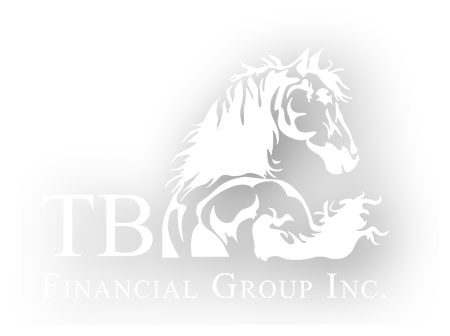As a small-business owner, you have a lot on your plate. You likely have your hands on every facet of the company, from operations to sales to accounting and more. Business ownership is nearly all-consuming, and it’s almost inevitable that some tasks will fall through the cracks.
If you’re like many business owners, one area that you may not have gotten around to yet is establishing some form of retirement plan benefit for you and your employees. In today’s competitive labor market, a retirement plan can make all the difference between recruiting top talent and losing them to a competitor.
A traditional 401(k) plan may not make sense for your small business, mainly because of the plan’s complexity and costs. However, there are other options that could be a better fit. Below are three popular retirement plan alternatives for small businesses:
SIMPLE IRA
A SIMPLE IRA is an easy and low-cost plan to establish for businesses with fewer than 100 employees. In a SIMPLE IRA, your employees can make regular contributions to the plan from their paycheck. They can then allocate those investments as they wish, and accumulate growth on a tax-deferred basis.
You must make contributions to a SIMPLE IRA. You can either match employee contributions of up to 3 percent, or you can make nonelective contributions of up to 2 percent. However, if you make a nonelective contribution, you must do it for every employee, regardless of whether the employee has contributed.1
While SIMPLE IRAs are straightforward and generally come with low fees, they may not be a great choice if your cash flow is volatile. Although there are exceptions in which you can adjust your matching contributions, you are generally required to make a contribution every year, even if business is bad.
SEP IRA
A SEP IRA is a popular retirement plan choice for small businesses because of its flexibility and its high contribution limits. It could be especially appropriate if you’re a solo entrepreneur or have only a few employees.
In a SEP IRA, the employer makes all contributions. There is no option for employees to contribute, thus there is no mandate for the employer to match contributions. The employer can make contributions at his or her discretion, so you have the ability to skip contributions if you’ve had a bad year.
Another appealing aspect of the SEP IRA is the high contribution limits. In 2016, the limit is the lesser of 25 percent of compensation or $53,000.2 A SEP IRA could be a powerful savings vehicle if you have a high income.
One important consideration is that in a SEP IRA, all employees must receive the same contribution. That means, as owner, if you contribute 25 percent of your compensation, you must make the same level of contribution for your employees. Depending on how many employees you have, that may be costly.
Solo 401(k)
You may also want to consider a solo 401(k) if you’re a one-person business. A solo 401(k) is set up much like the traditional types of 401(k) plans you would find in larger businesses. You have a lineup of investment options, and you make a combination of employee and matching employer contributions.
As employee-employer, you can contribute a total of $53,000 to your solo 401(k) in 2016. The employee contribution cannot exceed $18,000. However, if you are age 50 or older, you can contribute an extra $6,000 as a catch-up contribution. As an employer, you can contribute an additional 25 percent of compensation.3
One benefit of a solo 401(k) is that you can adjust your contributions at any time. If you hit a rough patch in terms of cash flow, simply decrease your contributions or stop them altogether. If you’re having a good month or quarter, consider ramping them up.
Keep in mind, a solo 401(k) comes with more reporting requirements than a SEP or SIMPLE IRA. You’ll also need to work through a plan administrator, and the annual costs could be higher.
Not sure which plan is right for you? Let’s talk it over. Contact us at CRIS Financial. We welcome the opportunity to consult with you and help you find the right strategy for your business.
1https://www.irs.gov/retirement-plans/simple-ira-plan-faqs-contributions
2https://www.irs.gov/retirement-plans/plan-participant-employee/sep-contribution-limits-including-grandfathered-sarseps
3https://www.irs.gov/retirement-plans/one-participant-401-k-plans
This information is designed to provide a general overview with regard to the subject matter covered and is not state specific. The authors, publisher and host are not providing legal, accounting or specific advice for your situation. By providing your information, you give consent to be contacted about the possible sale of an insurance or annuity product. This information has been provided by a Licensed Insurance Professional and does not necessarily represent the views of the presenting insurance professional. The statements and opinions expressed are those of the author and are subject to change at any time. All information is believed to be from reliable sources; however, presenting insurance professional makes no representation as to its completeness or accuracy. This material has been prepared for informational and educational purposes only. It is not intended to provide, and should not be relied upon for, accounting, legal, tax or investment advice.

